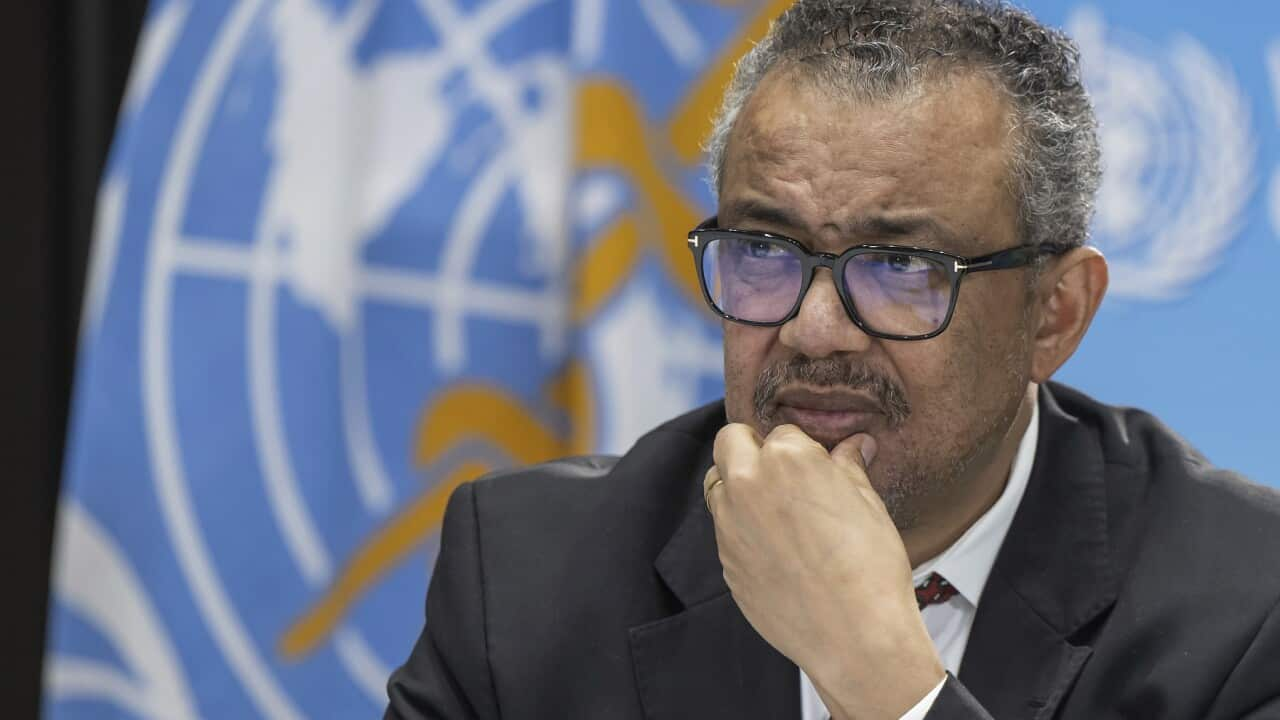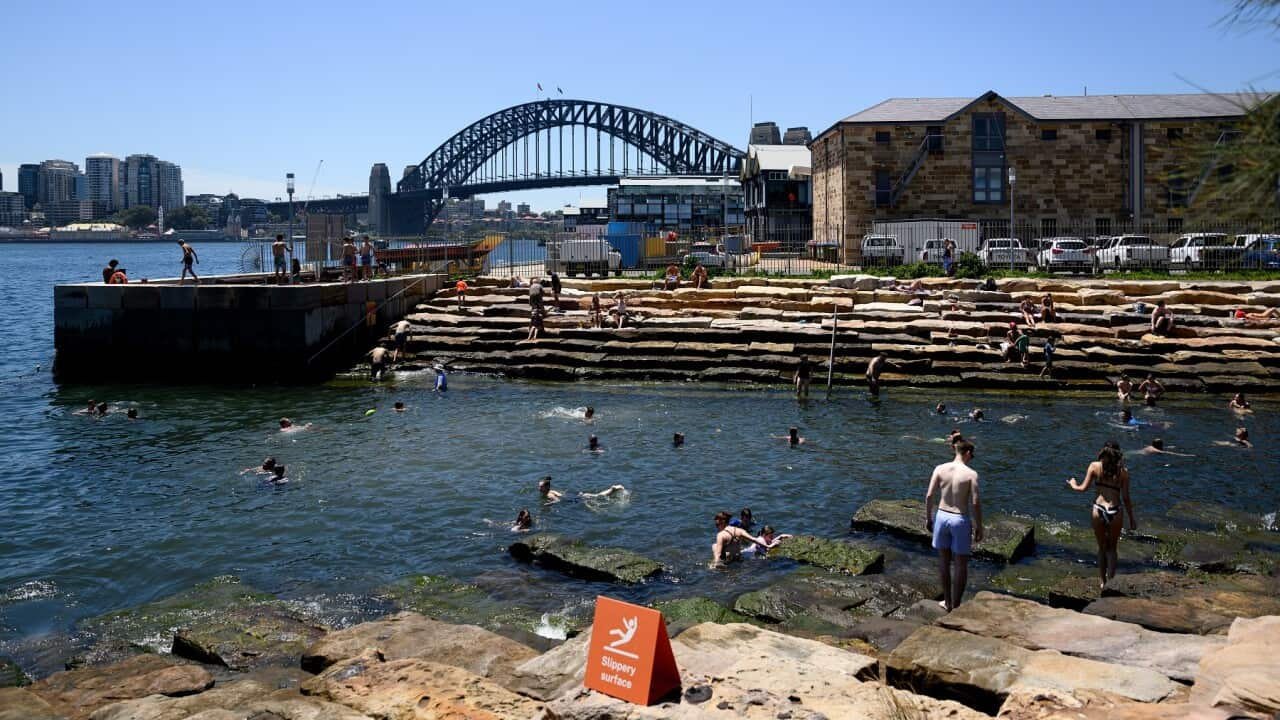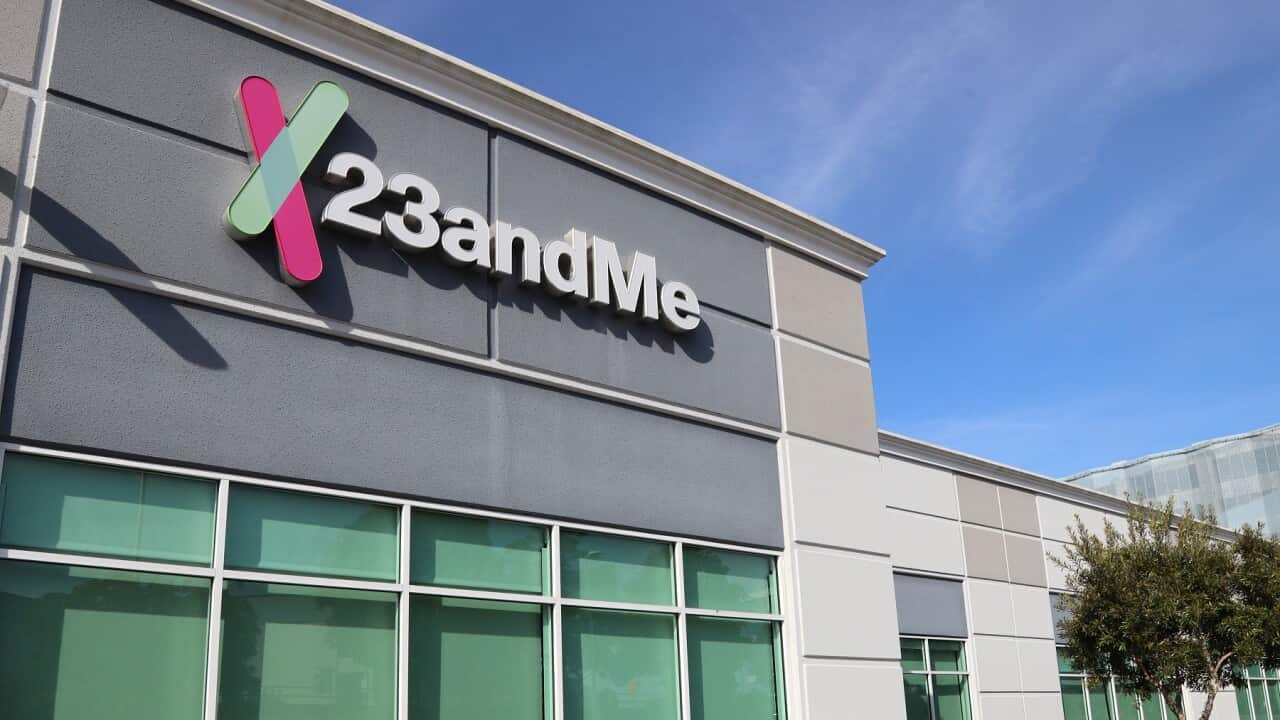TRANSCRIPT
Healthcare systems in crisis, economies upended and millions of lives lost - that was the state of the world during the COVID-19 pandemic.
The world said 'never again', to what was often described as a once-in-a-century pandemic.
But this week, the United Kingdom's former chief scientist during COVID, Sir Patrick Vallance, is issuing fresh warnings that another pandemic is "absolutely inevitable" and that the world is "not ready yet" for what's to come.
Other scientists, like the Australian National University's associate professor of Medicine Dr Sanjaya Sanayake, agree.
"Another pandemic could be just around the corner. It's really important to realise that just because there was a century between the last two pandemics, flu influenza in 1889-1890, and COVID recently, that doesn't mean there won't be another pandemic, next month, next week or next year. And this is likely to happen because most of these pandemics will arise from zoonoses, where infections jump from the animal kingdom to the human kingdom. And if you look at the last 50 years or so, we've seen about 50 new infections emerge, and about three-quarters of those are zoonoses."
But how to prepare and respond to such an event remains fiercely debated.
Global leaders this week are airing stark differences on the next steps for an historic pandemic treaty, after missing a deadline last week to finalise a deal.
The Pandemic Accord agreement was first proposed at end of 2021, when COVID-19 was still ravaging countries across the globe.
Once adopted, it would set legally binding policies for the 194 member countries of the World Health Organisation.
But after two-and-a-half years of negotiations, deep rifts remain - particularly over the sharing of information about pathogens and the sharing of technologies to fight them, like vaccines and treatments.
Those divisions are frustrating activists in Geneva.
Eloise Todd is the executive director of the Pandemic Action Network and says equity and access has been a huge issue during the discussions.
"This has been one of the thorniest issues and one of the most disappointing aspects of the negotiations has been this north-south divide, or this rich country-developing country divide. And it's really high time that countries with the means to produce and more of the finances actually look at how we can get more equitable solutions. If the shoe was on the other foot, if it was rich countries not having access to those vaccines, there'd be a very different play. So we have to really look at that carefully and understand that it's still in everybody's self-interest. The quicker the world gets access to tests, treatments, and vaccines and PPE (personal protective equipment). the quicker everybody can leave behind a pandemic."
In response to what was dubbed "vaccine apartheid" during COVID-19, Article 12 of the agreement proposes reserving around 20 per cent of tests, treatments and vaccines for the W-H-O to distribute to developing nations.
But even a new timeline for agreeing a deal now appears unattainable this week.
During a fractious debate at the Assembly, African nations expressed the need to seize the current momentum and finalise the treaty in the coming months.
The United States, meanwhile, suggested a two-year timeline.
And other Western nations, including Canada and Switzerland, agreed the process should not be rushed.
Still on the table are changes to existing rules, proven to be woefully out of date.
Meanwhile, countries like Indonesia say it's not time that's needed, but rather "the political will to prioritise global public health."













